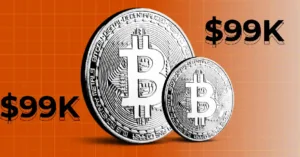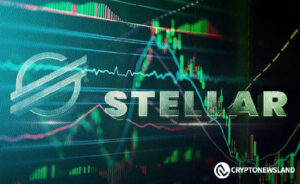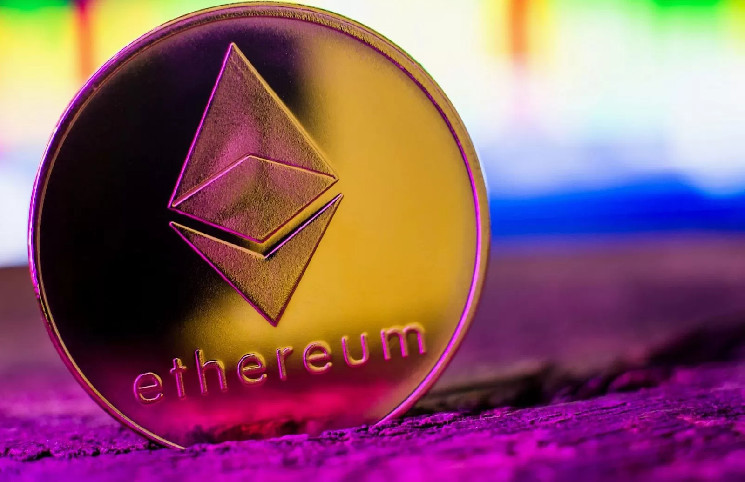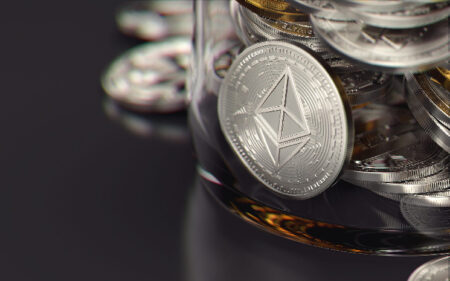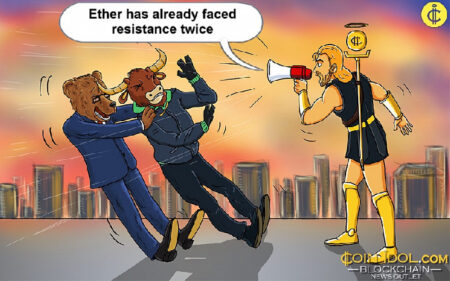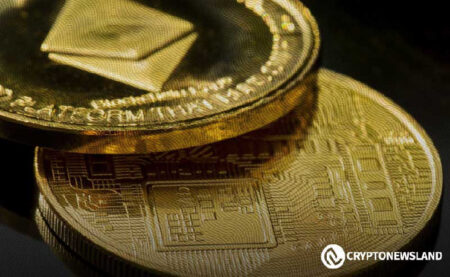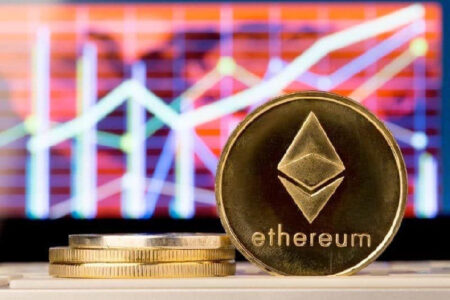The Ethereum network has recently experienced a significant decrease in the amount of ETH burned daily, reaching its lowest level this year. This trend was primarily driven by the recent decline in average gas fees.
Ethereum’s Low Gas Fees Push ETH Burn Rate to Lowest Level in Year
Currently, gas fees hover between 5 and 10 gwei, marking one of the lowest levels ever seen. This decrease in network fees directly affected ETH issuance and resulted in less ETH being burned.
On Sunday, the amount of ETH burned was only 610 ETH, marking a record low for this year as Ethereum’s gas fees remain minimal.
In comparison, the daily amount of ETH burned during the first four months of this year remained above 2,500-3,000 ETH.
The ongoing decline in gas fees is partly due to the shift of operations to Layer 2 scaling solutions and the increasing adoption of blob transactions.
These were introduced with the Dencun upgrade in March and help reduce transaction costs on Layer 2s.
Gas fees and ETH burning dynamics are a closely watched aspect of the network’s economic model. While lower fees are beneficial for network users, the recent decline in ETH burning has an impact on Ethereum’s deflationary aspects.
*This is not investment advice.
Read the full article here

